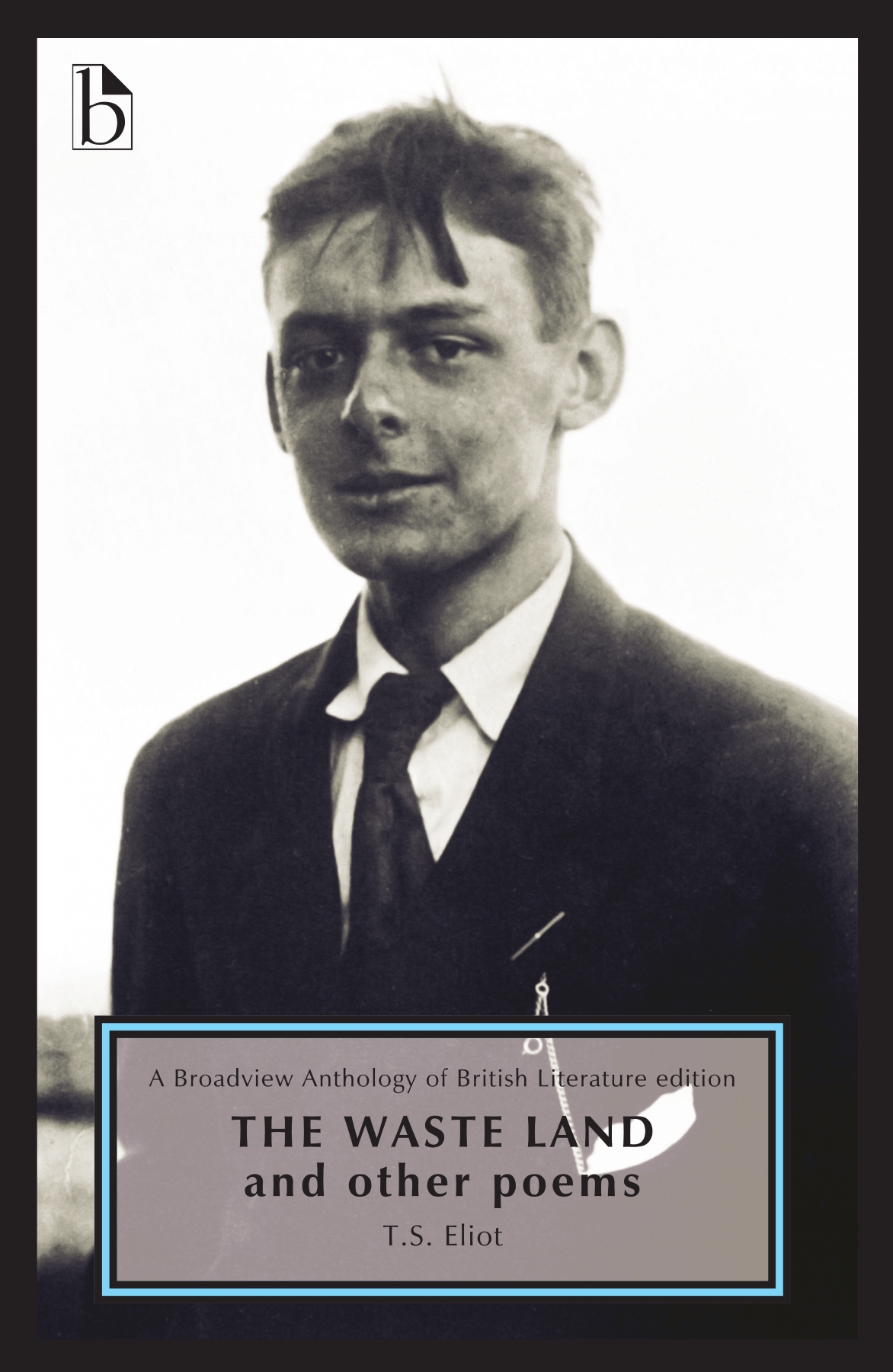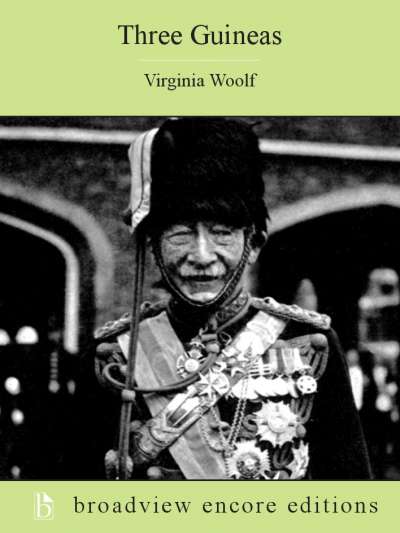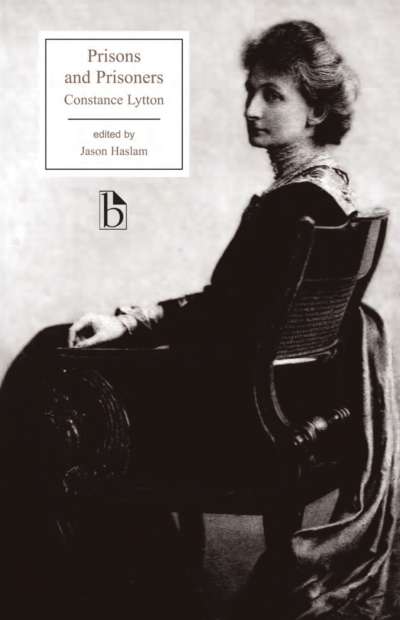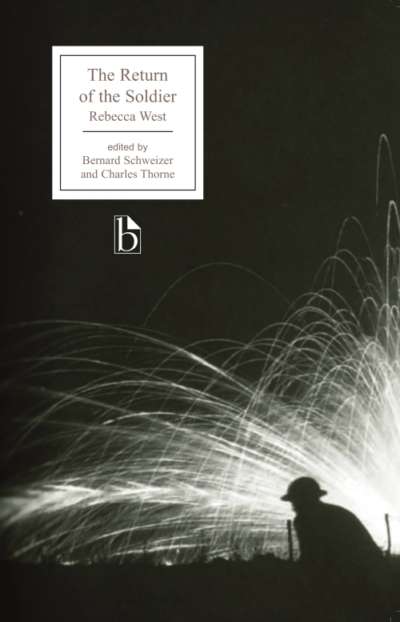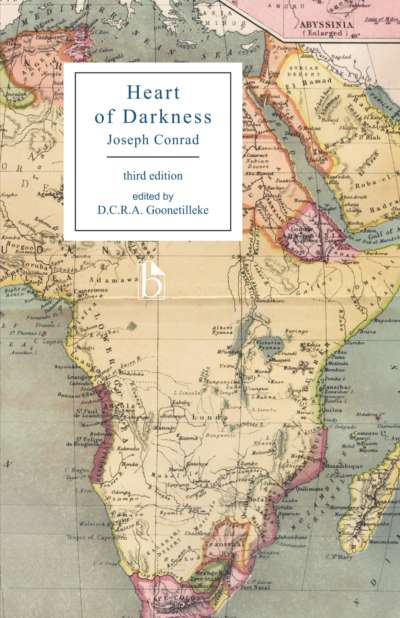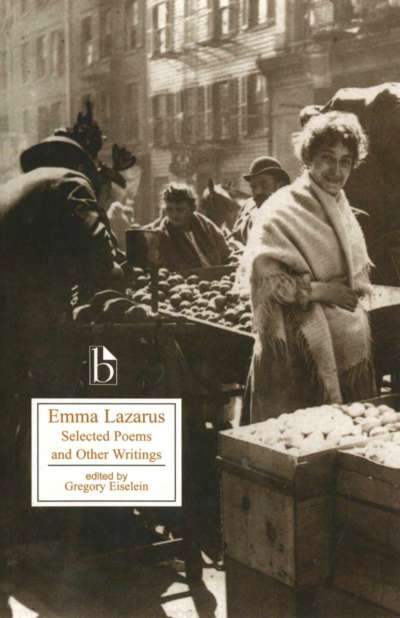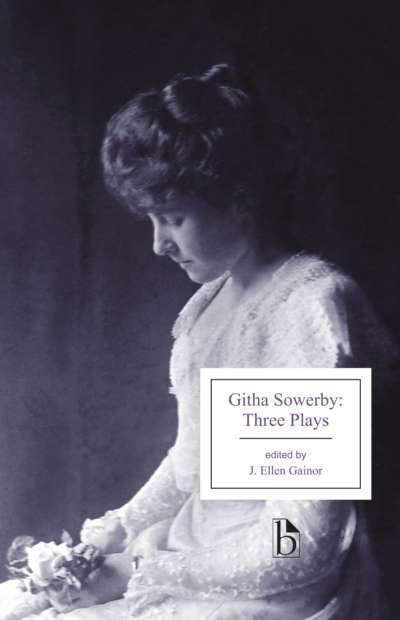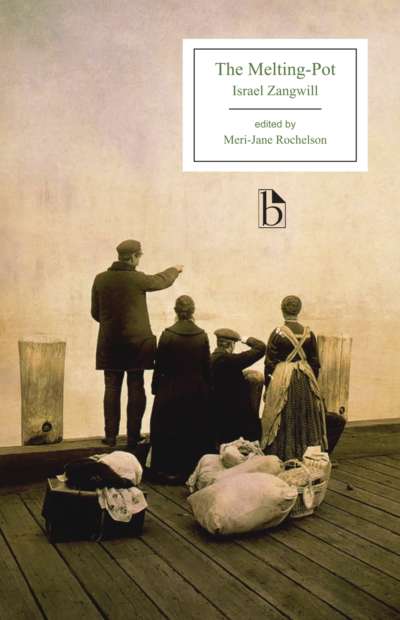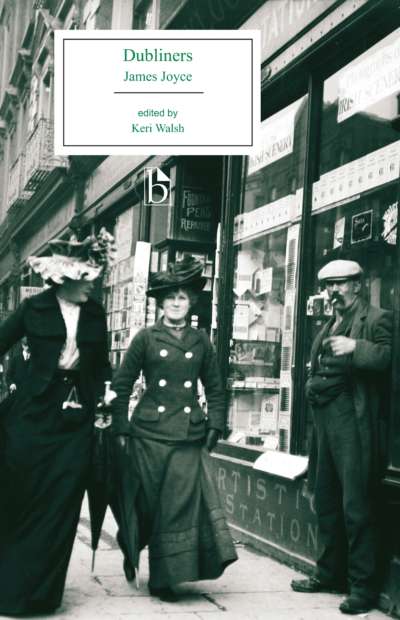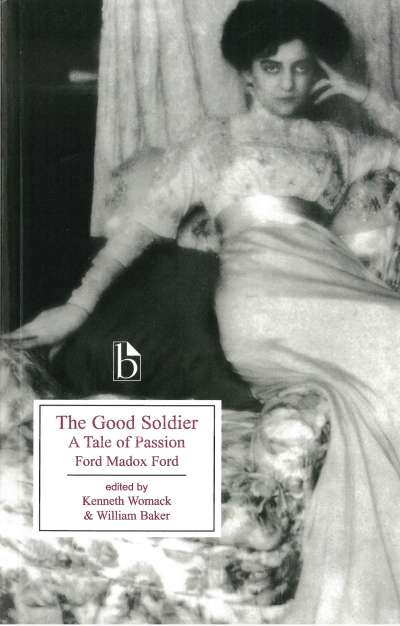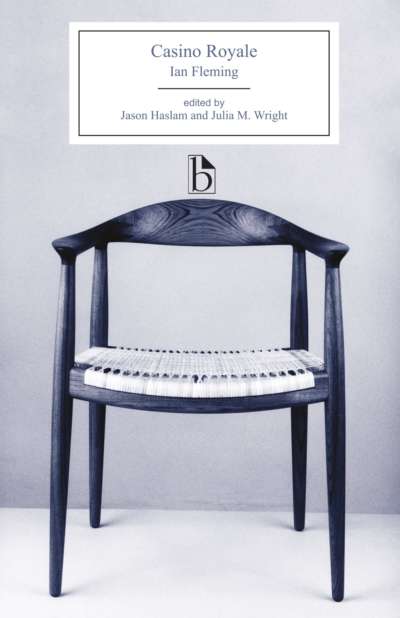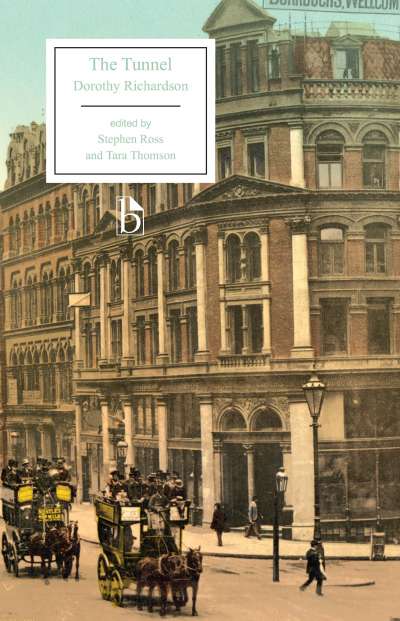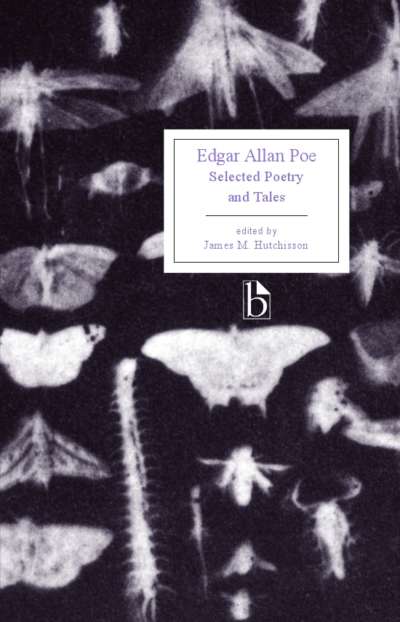
This volume brings together the full contents of Prufrock and Other Observations (1917), Poems (1920), and The Waste Land (1922), together with an informative introduction and a selection of background materials. Included as well are two of Eliot’s most influential essays, “Tradition and the Individual Talent” (1919) and “The Metaphysical Poets” (1921).
As with other volumes in this series, the material appearing here is for the most part drawn from The Broadview Anthology of British Literature, acclaimed as “the new standard” in the field. Appendices include a wide range of contextual materials pertaining to Modernism; writings by Ezra Pound, H.D., and Mina Loy; reviews of The Waste Land; art by Wyndham Lewis; and excerpts from essays by Virginia Woolf and others.
Comments
“[This edition provides] a truly impressive density of contextualizing materials that will help open Eliot’s first three books of poetry to twenty-first century conversations. The annotations to The Waste Land in particular are thorough without being obtrusive, and the new materials on anti-Semitism and gender are spot on.” — Michael Coyle, Colgate University (author of Ezra Pound, Popular Genres, and the Discourse of Culture)
“The Broadview edition of The Waste Land and Other Poems seems to me an excellent text for classroom use. Students will appreciate the notes, which provide helpful and straightforward guidance not only on literary allusions but on such no-longer-familiar details of everyday life as ‘sprinkled streets,’ curl papers, and putting one’s ‘shoes at the door.’ The introductory material is clear and informative, and the contextual material gathered in the last section of the book would enrich any course on modernism.” — David Chinitz, Loyola University, Chicago
“Broadview’s recent Anthology of British Literature is an exciting achievement. Broadview has accomplished what no other anthology to date has been able to do.... Its introductory essays and useful appendices successfully reflect current scholarship while remaining student-centered.... With an impressive selection of literary works, an equally impressive collection of visual images, and an exemplary emphasis on print culture and history of the language, The Broadview Anthology not only rivals the Norton and the Longman, it sets a new standard bywhich all other anthologies of British literature will now have to be measured.” — Graham Hammill, University of Notre Dame on The Broadview Anthology of British Literature
“The simple fact is that a major work of student-centered scholarship has arrived in the field of English studies, and The Broadview Anthology of British Literature is no mere pretender to the throne long held by the Norton: it is the new standard.” — Richard Nordquist, Armstrong Atlantic State University on The Broadview Anthology of British Literature

